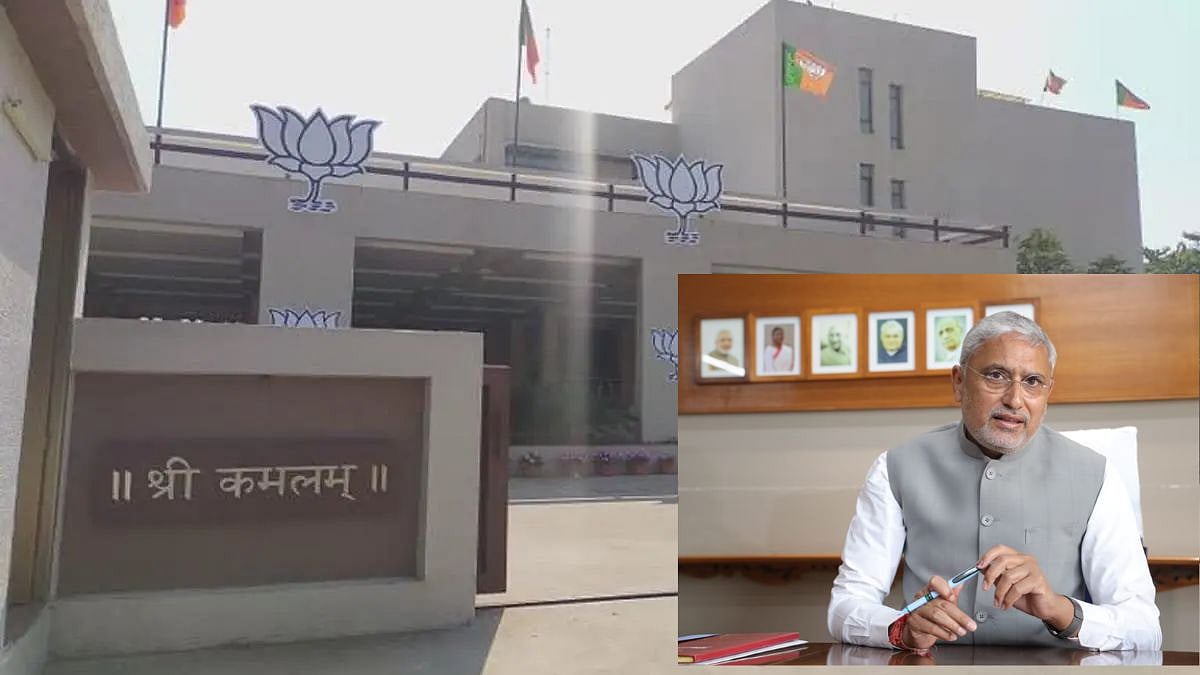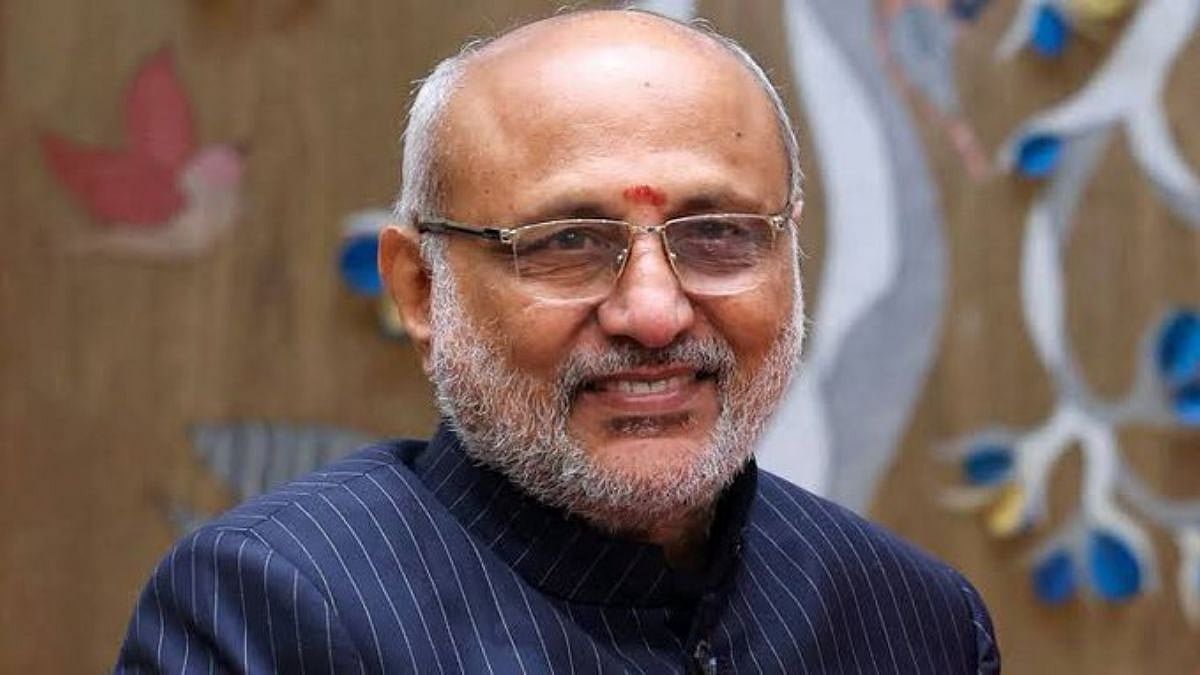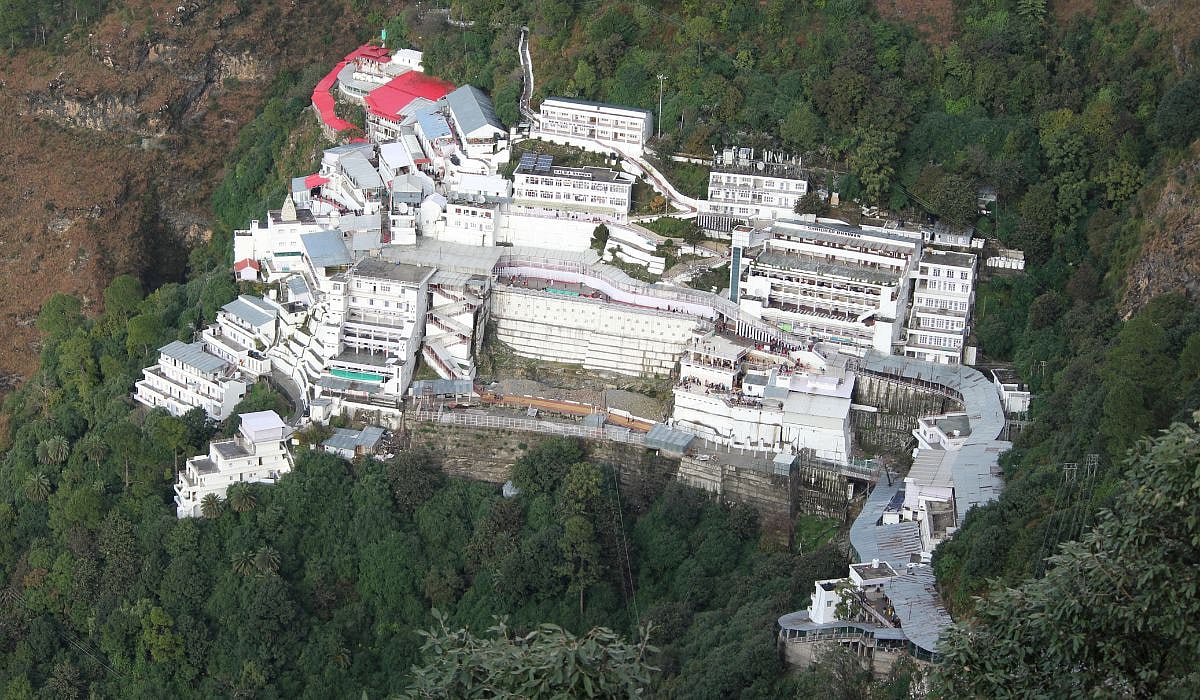Ahmedabad: The long-running speculations over the Gujarat BJP state president's post have finally been put to rest. State Cooperation Minister Jagdish Vishwakarma (Panchal) formally filed his nomination today, October 3, and, crucially, was the only candidate to do so. This near-certain unopposed election is not just an organizational formality—it’s a powerful political statement, confirming the party's strategic pivot towards the Other Backward Classes (OBC) community ahead of the crucial municipal and panchayat elections next year.
Vishwakarma submitted his form at the party headquarters, Kamalam, during the Vijay Muhurat (auspicious time), making it clear he has the strong backing of the party's top leadership. An official announcement of his appointment as the 11th Gujarat BJP President is expected shortly from the election officer, Bhupendra Yadav.
Ahmedabad's Dual Dominance
The selection of Vishwakarma will establish an unprecedented dominance of Ahmedabad city over both the state government and the party organization. With Chief Minister Bhupendra Patel representing the Ghatlodia constituency in West Ahmedabad and Vishwakarma being the MLA from Nikol in East Ahmedabad, both the head of the administration and the head of the organization will now hail from the same district.
"This is an exceptional case for the BJP," noted a veteran political analyst. "The party has traditionally avoided placing the CM and the State President from the same district to maintain balance. This move signals a strong, unified focus on urban and central Gujarat's political landscape."
The Strategic OBC Gambit
The most significant aspect of this choice is the caste equation. Chief Minister Bhupendra Patel belongs to the Patidar community, a powerful electoral force in the state. By elevating Vishwakarma, an OBC face, the BJP is directly addressing the political necessity of balancing power and courting the large OBC vote bank.
This move comes after the Congress recently appointed an OBC leader, Amit Chavda, as its state president, making it essential for the BJP to give similar importance to a leader from the community. A senior BJP leader, speaking on condition of anonymity, confirmed the electoral calculus: “The party is keenly focused on the 2026 municipal and panchayat elections. The appointment of an OBC leader like Jagdishbhai, who has a strong organizational background, is a strategic move to energize our base and counter the opposition’s narrative on social representation.”
Organizational Process Concludes
The election program, which began with yesterday's announcement, will see the 292 members of the Gujarat BJP state council cast their votes today, October 3, not only for the state president but also to select 29 members for the National Council.
The BJP conducts its organizational elections every three years, a process that moves sequentially from the booth level up to the state level. This election in Gujarat marks the 30th state to complete its internal polls in the current cycle, paving the way for the National President election.
The elevation of Jagdish Vishwakarma (Panchal) is a calculated move that marries strong local organizational experience with a powerful social engineering strategy, positioning the BJP for the upcoming electoral challenges.








